Description
In this article on UPSC Books, we endeavor to provide you with the list of best books for the IAS Exam for National and International For UPSC and IAS Exam Book 2022. The IAS Exam or the Civil Services Exam is conducted by the Union Public Service Commission (UPSC). The highly prestigious exam is also one of the toughest exams in the country.
Yojna IAS National and International For UPSC and IAS Exam Book
NATIONAL UPSC SUBJECT CONTAINS
- History.
- Geography.
- Political Science / Civics.
- Economics.
- General Science – Physics, Chemistry & Biology.
- Environmental Science.
- Sociology
INTERNATIONAL UPSC SUBJECT CONTAINS
International Relations is a key topic in the General Studies Paper-2 in UPSC Mains Exam. Every year questions worth 100 marks are asked from this topic making it highly important for securing good marks in this paper. It is important to note that International Relations for UPSC Mains is majorly a current-affairs-based topic. Thus, you need to have a strong command over current happenings to write elaborate yet effective answers to the questions asked in the exams.
- political Theory and Indian Politics
- Indian Government and Politics
3. Comparative Politics and International Relations
4. India and the World
UPSC Syllabus for GS Paper (Prelims Paper I)
-
-
- Current events of national and international importance.
- History of India and Indian National Movement.
- Indian and World Geography-Physical, Social, Economic Geography of India and the World.
- Indian Polity and Governance – Constitution, Political System, Panchayati Raj, Public Policy, Rights Issues, etc.
- Economic and Social Development – Sustainable Development, Poverty, Inclusion, Demographics, Social Sector initiatives, etc.
- General issues on Environmental Ecology, Biodiversity, and Climate Change – that do not require subject specialisation.
- General Science
-
UPSC Syllabus for CSAT Paper (Prelims Paper-II)
-
-
- Comprehension
- Interpersonal skills including communication skills
- Logical reasoning and analytical ability
- Decision-making and problem solving
- General mental ability
- Basic numeracy (numbers and their relations, orders of magnitude, etc.) (Class X level), Data interpretation (charts, graphs, tables, data sufficiency, etc. – Class X level)
-
ABOUT UPSC MAINS
- The Mains examination constitutes the 2nd phase of the Civil Services Examination. Only after successfully qualifying in the prelims exam would the candidates be allowed to write the IAS Mains.
- The Mains exam tests the candidate’s academic talent in depth and his/her ability to present his/her understanding according to the requirements of the question in a time-bound manner.
- The UPSC Mains exam consists of 9 papers, out of which two are qualifying papers of 300 marks each.
- The two qualifying papers are:
- Any Indian Language Paper
- English Language Paper
- The papers on Essay, General Studies and Optional Subject of only such candidates who attain 25% marks in both the language papers as a minimum qualifying standard in these qualifying papers, will be taken cognizance of, for evaluation.
- In case a candidate does not qualify in these language papers, then the marks obtained by such candidates will not be considered or counted.
Format
The types of questions asked are –
- Essay – 100 marks
- Reading comprehension – 60 marks
- Precis Writing – 60 marks
- Translation:
- English to compulsory language (e.g. Hindi) – 20 marks
- Compulsory language to English – 20 marks
- Grammar and basic language usage – 40 marks
- The rest of the seven papers can be written in any of the languages mentioned under the Eighth Schedule of the Constitution of India or in English.
The papers aim to test the candidates’ ability to read and understand serious discursive prose and to express ideas clearly and correctly, in the English and Indian languages concerned. The pattern of questions would broadly be as follows:
(i) Comprehension of given passages.
(ii) Precis Writing.
(iii) Usage and Vocabulary.
(iv) Short Essays.
UPSC Syllabus for IAS Interview
Known as Personality Test, UPSC Interview is the last stage of the examination. There is no defined UPSC syllabus for the interview. Questions are asked about wide-ranging issues. Candidates who qualify for the UPSC Mains Exam will be called for the ‘Personality Test/Interview’. These candidates will be interviewed by a Board appointed by the UPSC. The objective of the interview is to assess the personal suitability of the candidate for a career in civil services by a board of competent and unbiased observers. The interview is more of a purposive conversation intended to explore the mental qualities and analytical ability of the candidate. The Interview test will be 275 marks and the total marks for the written examination is 1750. This sums up to a Grand Total of 2025 Marks, based on which the final merit list will be prepared.
How important are International Relations for UPSC?
International relations is a very important component of the UPSC exam. It is part of the General Studies Paper II in the UPSC Mains exam. It is also relevant for the UPSC Prelims exam.
What are the subjects in UPSC?
UPSC syllabus has mentioned different subjects under headings from GS-I to GS-IV. GS Paper 1 has History, Geography and Indian Society as main subjects; GS Paper 2 has Indian Polity, Governance, Constitution, and International Relations; GS Paper 3 has Indian Economy, Science & Technology, Agriculture, Environment as important subjects while GS Paper 4 has Ethics, Integrity and Aptitude.
Fees
Candidates have to pay Rs. 100 for an application form. There is an exemption for SC/ST/PH categories and female candidates.
UPSC CSE is one of the most prestigious examinations held in India. The IAS aspirants must hold the graduation degree in any discipline from any recognized university. Since all the graduates from all the university can apply for this examination, the competition gets tougher. Right from Indian history to numerical problems, everything is incorporated in the syllabus.
compulsory Subjects for IAS
Before getting into the main discussion, here the IAS examination selection process is narrated for the better understanding:
- Preliminary examination
- Main examination
- Interview

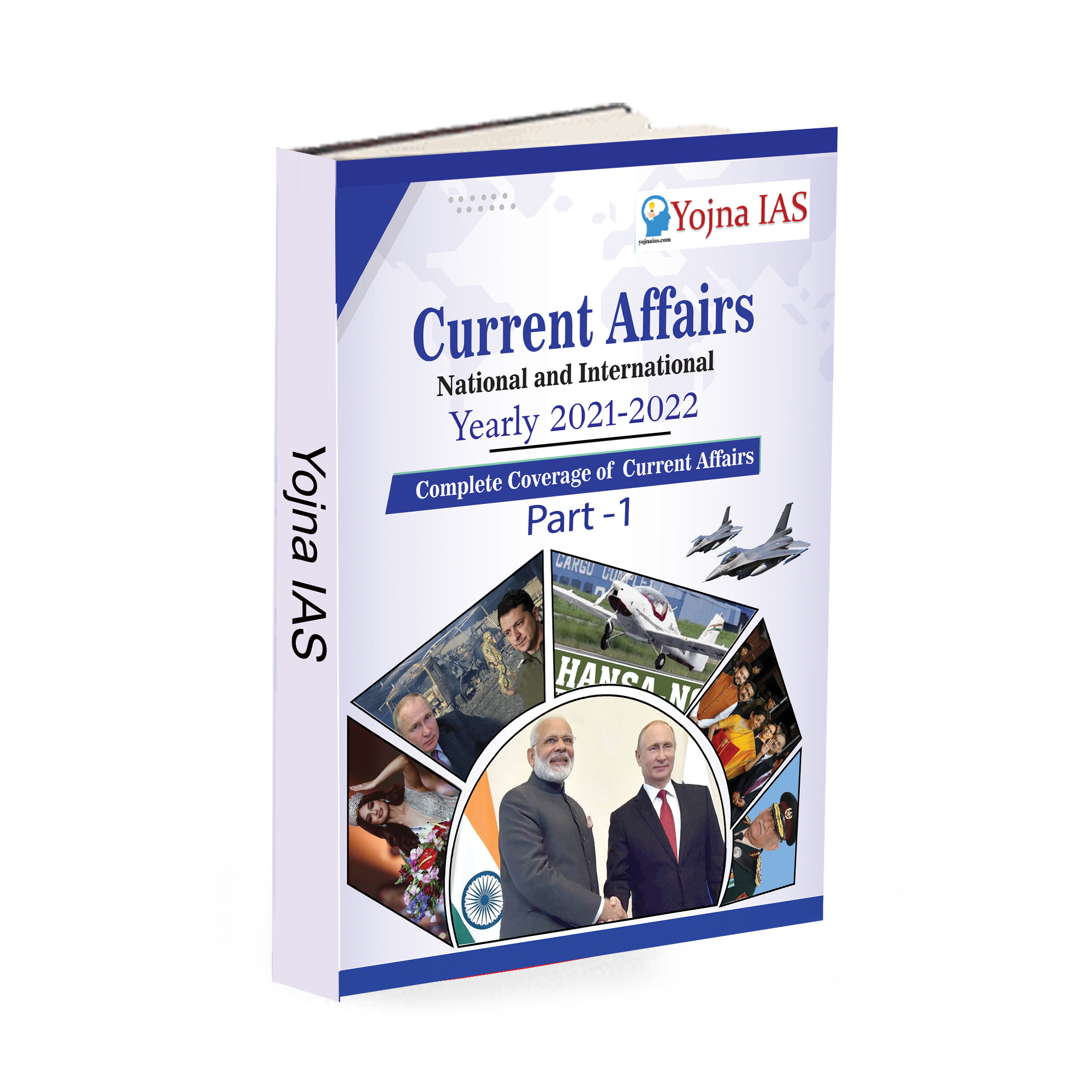
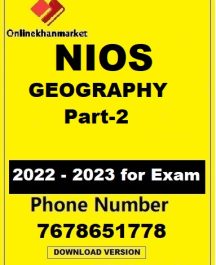
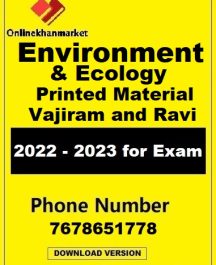
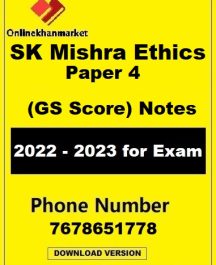
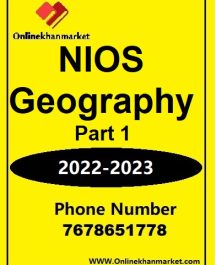
Reviews
There are no reviews yet.